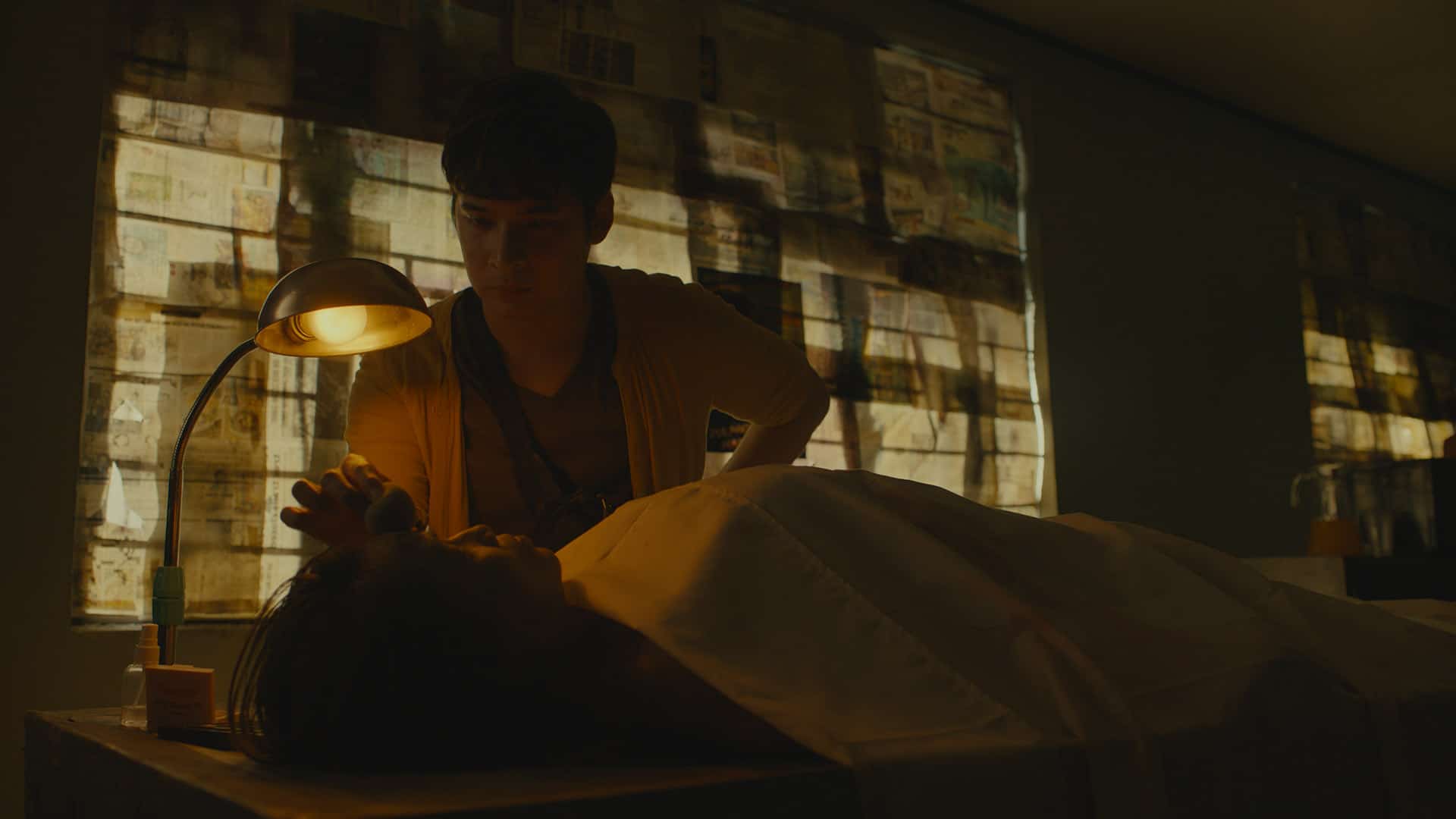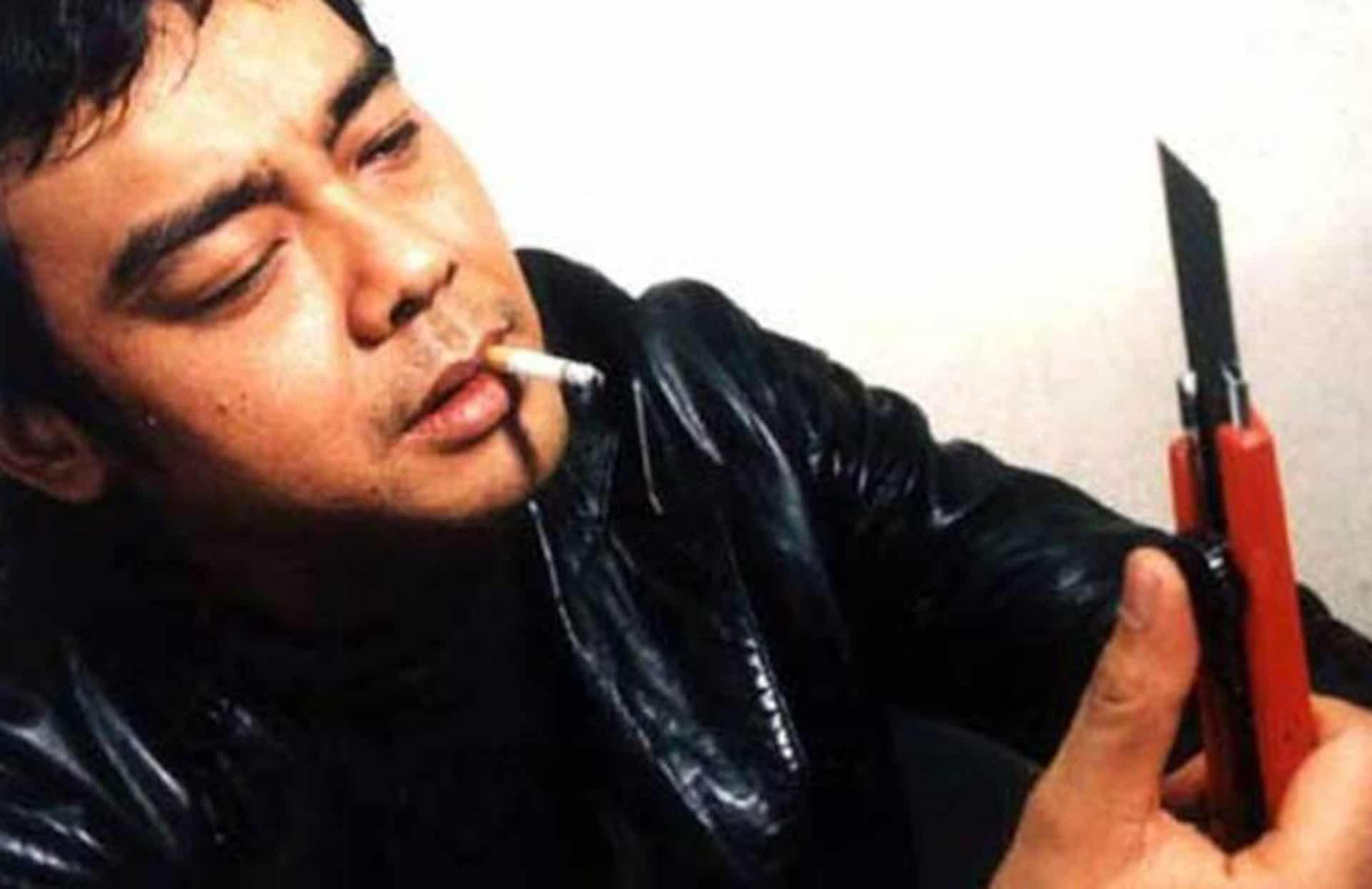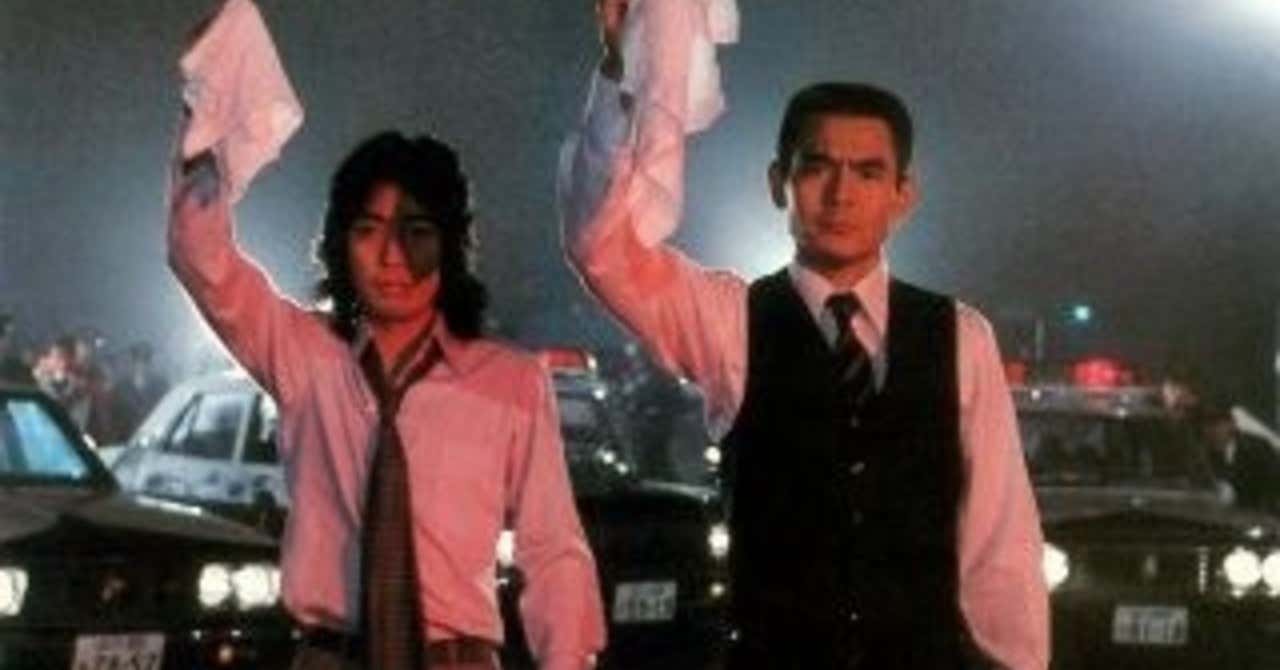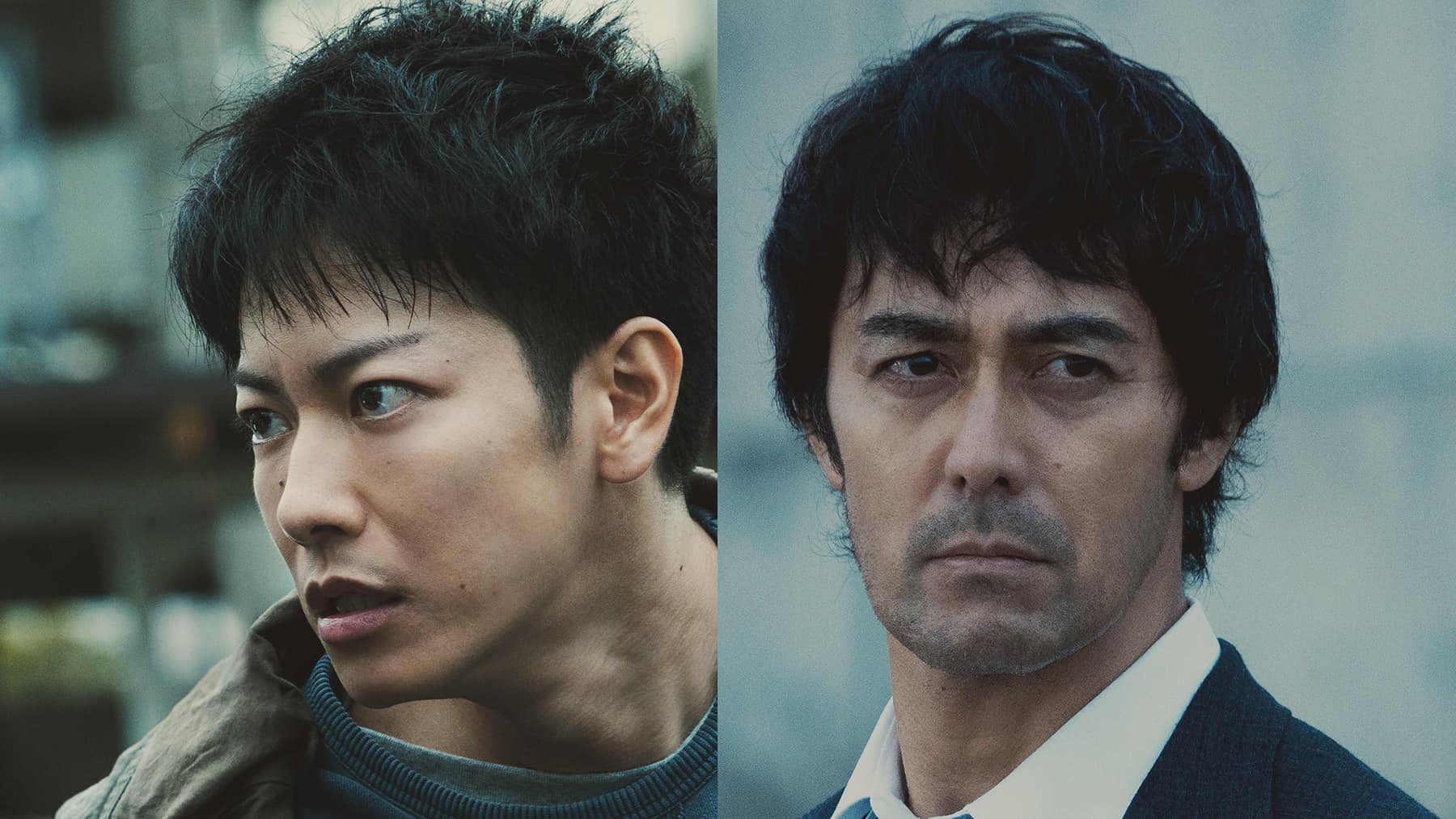Created in Doha Film Institute (which Al-Remaihi is a member of the programming team) under the mentorship of Rithy Panh and the support of the Qatari Film Fund, “And Then They Burn the Sea” is a very personal film that focuses on the director's mother, through a rather experimental approach.
“And Then They Burn the Sea” is screening at Vienna Shorts

The short begins with the sequence of a woman walking to an almost dystopian area close to the sea, under the sound of the waves, before she reaches a tree, touching its leaves with her hands. In that moment, the narration begins, in an element that actually permeates the movie, with the speaker (probably the director) talking about his mother, while the images change to a man sleeping in an embryo stance. The next scene presents footage from an old video camera, showing the filmmaker and his mother in the past. The sleeping man scene comes up again, although this time, the frame opens and a series of medicine are presented on a small table next to the bed, including Depakine, which is primarily used to treat epilepsy and bipolar disorder and prevent migraine headaches. Gradually we begin to learn that the director's mother is suffering from memory loss, although the medicine suggests that that is not the only thing that she suffered from, and also perhaps that she is not the only patient.

A dialogue of him trying to stimulate her memories by showing photographs is succeeded by a visually impressive scene inside a car driving in the night, where her voice narrates incidents of how she started to lose her memory. Another recurring element, that of the close ups on various hands comes up next, this time touching another plant. More footage from the past, this time by a projector on a sheet, follow, while the setting changes completely immediately afterwards, transferring us to an abandoned fishermen village of Northern Qatar, filled with demolished houses. While the narration focuses on past loss and futile rituals for the dead, the focus changes on a pair of hands once more, pushing a rock, or playing with the sand on the rundown walls. A night scene of a man walking towards a wall, where some more footage of the past is eventually screened once more, follows, while a sequence of walking towards the sea concludes the short.
Majid Al-Remaihi directs a film that is obviously an ode to his mother, while focusing on the concept of familial and the consequences it can lead to, even more so when this happens through a debilitating disease. As such, his fear of eventually suffering something similar is palpable here, especially of forgetting about her eventually, with the movie actually functioning as an effort to avoid just that. Thus, the director also presents the particular functions of cinema, as a keepsake of memories, a diary of things people do not want to forget.
In terms of narrative, Al-Remaihi presents a series of vignettes, most of which are either quite beautiful to watch, in the art-house aspect of the film, or simply footage of the past, in the documentary aspect. Regarding the first, he benefits much from Prum Mesa's excellent cinematography, and particularly the way he makes the mundane look extraordinary, with the rundown houses and the many images of hands highlighting this aspect in the most eloquent fashion. The two aspects are combined ideally through Amit Chowdhury's editing, who retains a relatively fast pace that also works well in entertainment terms.
Granted, the whole thing emerges as pretentious on many occasions, in a style that points more towards an installation than a film, but as a whole, “And Then They Burn the Sea” works completely, with the combination of beauty and the presentation of cinema as a tool of memory carrying the 13 minute short from beginning to end















